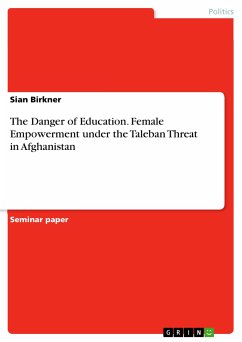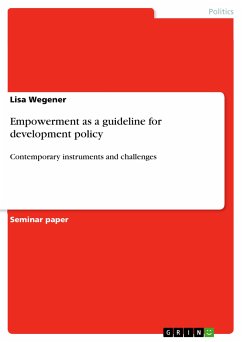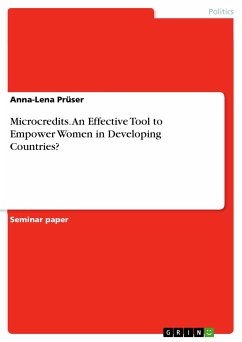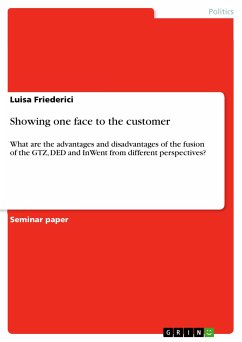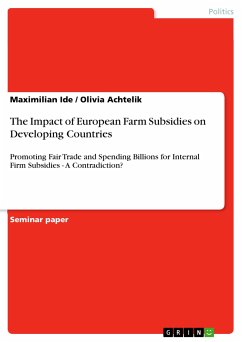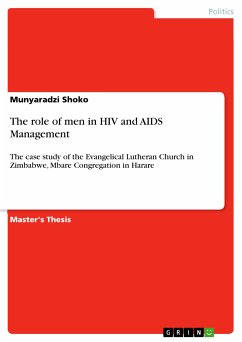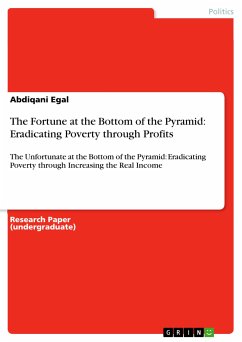Seminar paper from the year 2015 in the subject Politics - Topic: Development Politics, grade: 1,7, , course: Women, Gender and Development, language: English, abstract: This paper examines major factors in the context of the Islamic Republic of Afghanistan current situation in female education with regard to the Taleban threat. Looking at education as a development strategy for female empowerment, it is explained how development and gender equality are connected. Furthermore it is constructed in what way education can contribute to empowerment, using the logic of the empowerment approach referred to by Caroline Moser on the account of Gender Planning. To bolster the importance of empowerment in a development context examples from other possibilities of empowerment are used. To give contextual background to the current situation in Afghanistan as well as to clarify the stance of the Taleban on female education and a woman’s place in society, a brief history of education and women’s role over the last 100 years is given. Furthermore, drawing on papers on the development of education in Afghanistan and statistics from various sources, an overview over the current situation in Afghanistan is given. Topics are the Taleban threat as well as the educational structures, like schools, personnel and management along with a short reflection on the importance of empowerment in that context. Finally, upon the description of current situation conclusions are drawn in what way development agencies and other NGOs might be able to contribute to better the situation in Afghanistan. Education is a key aspect of development. Aside from furthering a country’s human capital, it can be used as a way to empower women. Therefore education can be a central tool to empower women in developing countries. Taking the example of Afghanistan, the paper theorises how education can empower women, especially in the context of religious gender segregation and oppression.

